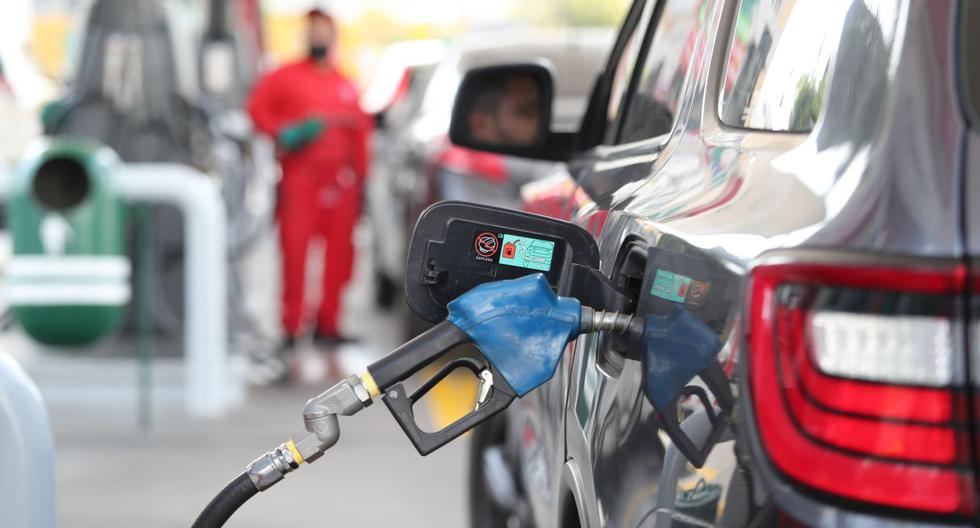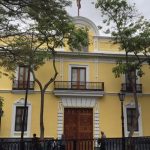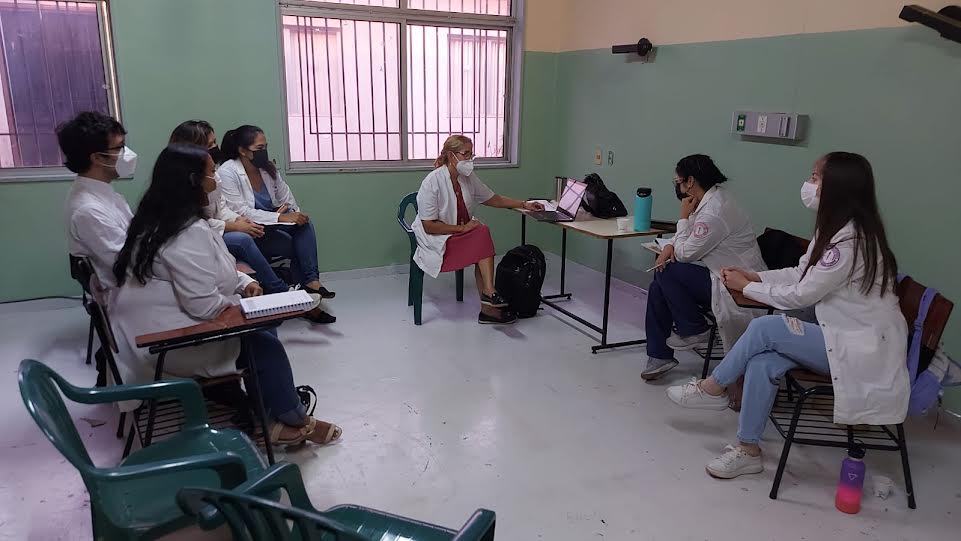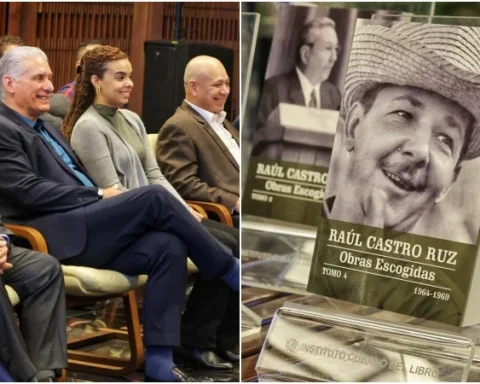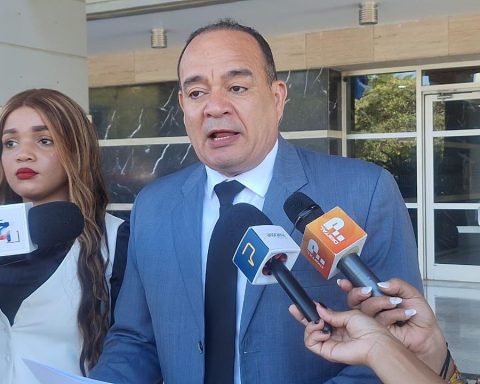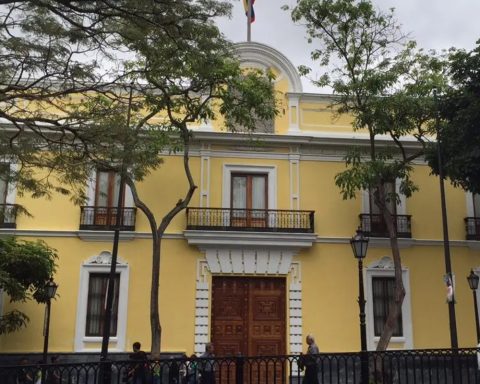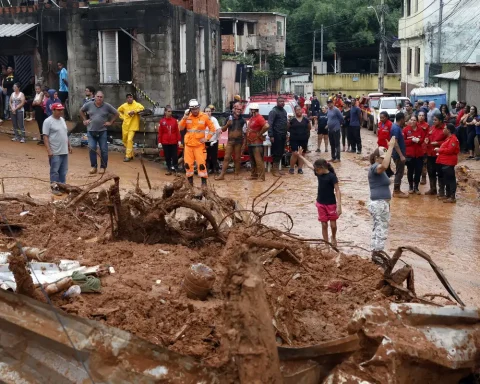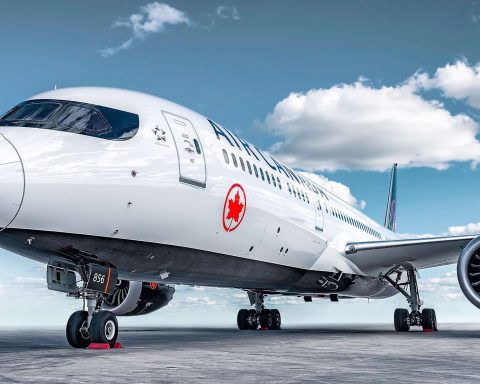The Russian invasion of Ukraine skyrocketed the price of barrel of petroleum to more than $100, its highest price in seven years. The spike was seen on the same night as the first attack ordered by Putin, on Wednesday. And although this increase corresponds to the reference price for the European market, in the price of Texas crude oil and a benchmark for the US and Latin America, including Peru, it was close to US$95 that night. How much could the conflict in Europe affect the price of fuels in the local market and Peruvian imports?
Although the effect on the price of crude oil is a reality that is already being observed, the impact on foreign trade and its repercussion on other countries, in addition to Europe and the US, will depend, according to analysts, on how long the conflict and the time for which the sanctions against Russia are prolonged.
SIGHT: Ukrainians risk their lives to try to block advancing Russian tanks
Regarding the prices of oil and derived fuels, the expert in hydrocarbons and managing director of Enerconsult, Carlos Gonzales Ávilaexplains that before this war crisis, the price had already exceeded US$90 per barrel.
“That (the price of a barrel) is at US$100 should be seen as a conjunctural price. Normalized the situation, it could return to US$90″, comment. However, if the crisis continues, the local market could suffer from being a fuel importer.
“In Peru, which is a country that imports crude oil, this price hike hurts it a lot. The country produces less than 40,000 barrels of oil (per day) and consumes more than 250,000 between oil and derivatives. This will significantly increase the deficit of our hydrocarbon trade balance”, he adds.
The scenario is more worrying if one considers that a good part of the national production is heavy crude, which needs to be refined. But how much can this affect Peruvians?
SIGHT: Russian army ordered to expand offensive against Ukraine
A PRICE TO PAY
Although it is early to predict how much the price of a fuel such as gasoline could increase, for example, for the specialist in energy law and partner of the consulting firm LQG, Anthony Laub, the upward pressure will depend on how long the sanctions on Russia last. This is because the country led by Vladimir Putin exports between 4 and 5 million barrels of oil a day and an additional 2 to 3 million of refined products.
“They produce one out of every 10 barrels in the world. If you put economic barriers on this country, what is going to happen is that those 5 million barrels are going to be redirected to some other country because its main center of consumption is (or was) Europe, but Russia is going to have to relocate its production elsewhere. And if a main producer such as Russia enters into an armed conflict and sanctions are applied, these will imply a supply restriction (for European countries)”, specifies Laub.
Another effect that is expected if the crisis continues would be the increase in the cost of maritime transport. In this regard, the LQG partner notes that this could foreseeably affect our imports.
“The price of oil is going to rise and with that the prices of all products rise because if you restrict 10% of world production, obviously you are going to have a price problem because you will no longer send that 10% to Europe or the rest of the world. world, but directly to, for example, China. Crude oil impacts the world economy. If it goes up or you see restrictions, the maritime transport will automatically go up”, warned Laub, also a columnist for Peru21.
SIGHT: More than 156,000 fled from Ukraine to Poland after the Russian invasion
AND THE IMPORTS?
last thursday, the Minister of Economy and Finance, Oscar Grahamalready anticipated that the development of the conflict would affect Peruvian imports, generating an increase in the prices of various inputs such as corn and wheat and raising the risk in the financial markets.
Graham’s position is shared by the former Vice Minister of Foreign Trade, Luis Alonso García Muñoz-Najar, who highlights that the problem for Peru is not the direct impact on exports with Russia or Ukraine, since trade with the former was approximately US$740 million in 2021 (0.7% of Peru’s trade with the world) and with the second is even smaller. The problem for the country, says García, would be the indirect effects.
“There is a direct impact and an indirect one. The first is in the commercial exchange and the other is the indirect one, which is more relevant because they involve relevant raw materials for the economies. There is speculation about gold, which is beginning to rise and also crude oil, but it is speculation because it is not known what else is going to happen”, he comments, later adding that the direct non-intervention of the US and other countries is generating that there is still an undefined scenario.
Due to this, he specifies, the biggest problem in the markets at the moment is speculation and the rise in fuel prices.
“There are some businesses that could be affected, but it would not be very significantly. The biggest risk for now is speculation about the risk of a war, the rise in oil prices and the uncertainty about what will happen to the European countries that are the destination of our exportsGarcia highlighted.
Did you know what?
- Alfredo Ferrero, former Minister of Foreign Trade and Tourism, agrees that “any rise in the price of gasoline will be reflected in product prices.”
- He also notes that if the conflict between Russia and Ukraine intensifies, there could be a higher price of gold and copper, which could benefit Peru in a certain way.
